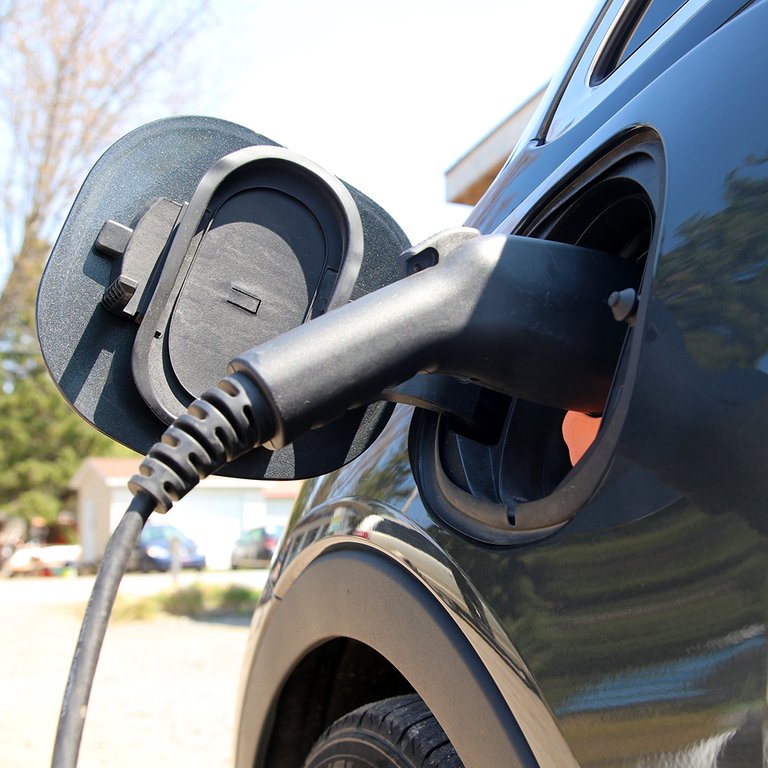
Major Government Support for Increased Electrification in Québec
12 September 2023
The past few months have seen two major government announcements for the deployment of electric vehicles (EVs) in Québec. New and used vehicles, workplace charging and in multi-unit residential buildings are all sectors targeted by these announcements.
Roulez vert program updates
In May, we learned that several new features had been added to the Roulez vert program. Whether thinking of buying a new or used EV, or in the process of installing charging infrastructure at work or in a multi-unit dwelling, these changes could have an impact on the financial assistance to which you are entitled.
The eligibility criteria for financial assistance have been completely revised. The maximum retail price of a new EV has been raised to $65,000, a condition that can be applied retroactively to all vehicles registered on or after April 1, 2022.
Used electric vehicles between one and four years old are now eligible for financial assistance, compared with three or four years old previously. In addition, the requirement that used vehicles carry a new-vehicle warranty honoured in Québec, including battery-related criteria, has been removed from the program.
The list of new and used vehicles eligible for financial assistance has also been thoroughly revised.
When it comes to charging, the changes are just as significant. From now on, buildings with three or four units built before October 1, 2018, will be eligible for financial assistance. For workplace charging stations, financial aid will increase from $25,000 to $49,000 per fiscal year and per eligible building. In addition, the Roulez vert program now recognizes the shared use of charging stations at work, meaning that several organizations can create a partnership for the installation and use of charging stations made available to their staff.
A new strategy for EV charging
On September 7, the government unveiled its Stratégie sur la recharge de véhicules électriques, a key component of its Plan for a Green Economy 2030. With a budget of half a billion dollars, the Strategy calls for the deployment of 6,700 public fast-charging stations and 110,000 public Level 2 (1) charging stations across Québec by 2030.
While existing charging infrastructure adequately meets the current needs of Quebec's EV drivers, this initiative will help to address the need for future electric vehicles. More than half of the funds will be allocated to accelerating the deployment of public charging stations, while $108 million will be earmarked for multi-unit housing. The goal is to have 35% of parking spaces in multi-unit housing adapted for EVs by 2030, representing 600,000 additional parking spaces.
Public charging for heavy transport and tourism are also targeted by this strategy.
These announcements are in line with the government's objective of banning the sale of gasoline-powered cars in Québec by 2035, in order to achieve carbon neutrality by 2050.
---
(1) A Level 2 charging station is easier to install in urban areas, but offers slower charging than fast charging stations.